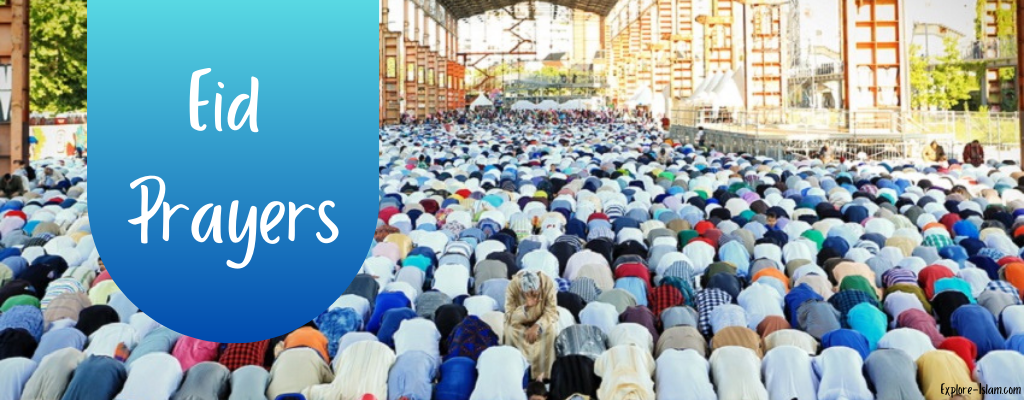
Performing Eid prayer in open spaces and streets is a confirmed Sunnah, not a power parade. It is just a performance of an Islamic ritual and a sign of obedience and gratitude to Allah. Explore how to perform Eid prayer correctly, and the wisdom behind this unique act of worship.
Continue Reading
Looking for the perfect way to say Eid Mubarak Wishes? This article explains the Islamic ruling on sending Eid greetings and provides a variety of ways Muslims wish each other a happy Eid. It also highlights the social and spiritual beauty of Eid, showing how these greetings reflect the values of Islam.
Continue Reading
Understanding the benefits of Eid ul-Fitr reveals the uniqueness of the comprehensive aspect of Islam and how this event strengthens faith, nurtures gratitude, and promotes social harmony.
Continue Reading
Eid comes from the Arabic root ‘āda, meaning “to return,” reflecting its recurring nature as a special, divinely prescribed occasion. Eid is not just any festival; it is a sacred day of worship, love, and lawful happiness, completely different from man-made celebrations often focused on materialism. Explore what is eid meaning and concept in Islam now!
Continue Reading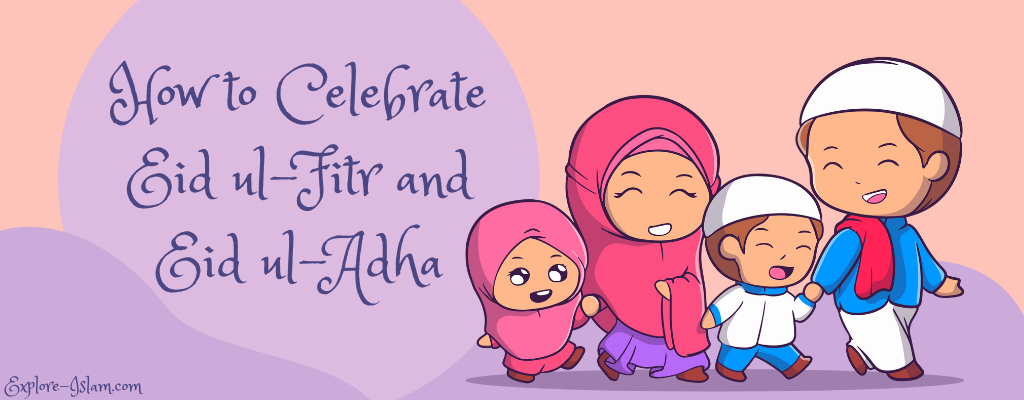
Discover how to celebrate Eid in 2026 with our complete guide for every situation. From Eid al-Fitr and Eid al-Adha traditions to celebrating at home, work, preschool, or even alone, learn practical tips, festive activities, and meaningful ways to honor this special Islamic holiday.
Continue Reading
We will discuss Eid Al-Fitr’s meaning, history, celebrations and prayer as well. We will highlight the most important features of the day of Eid Al-Fitr in the Muslim world.
Continue Reading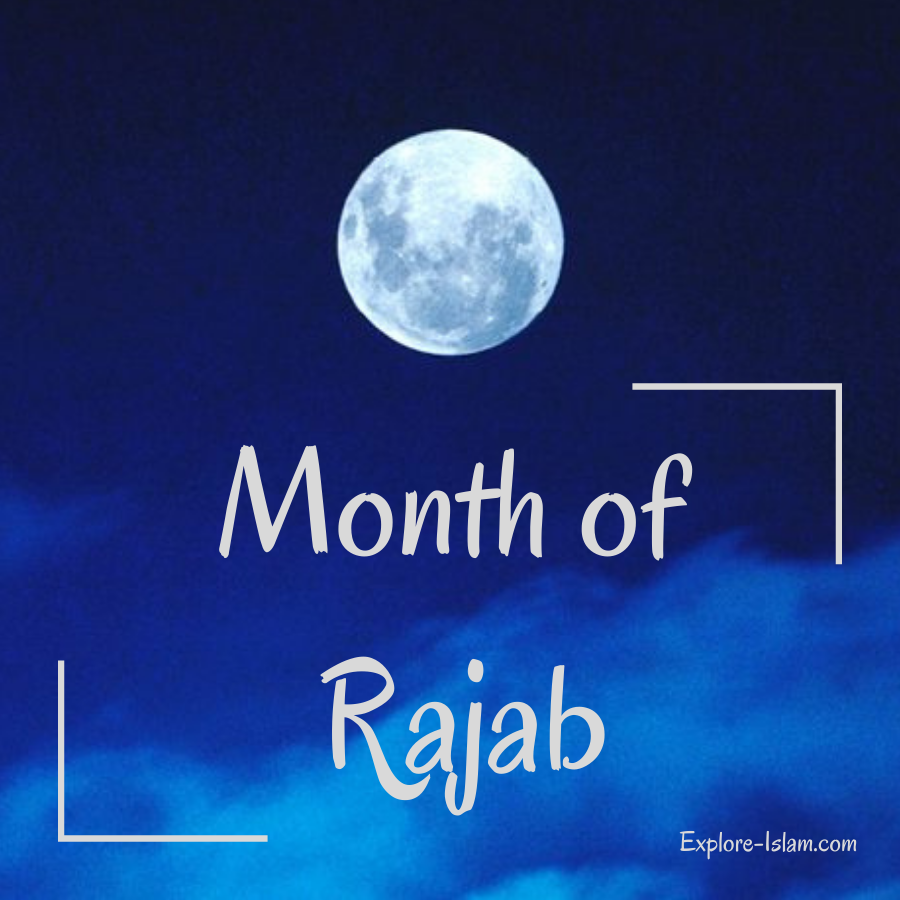
Rajab is a sacred month serving as the spiritual gateway to Ramadan, offering increased rewards and requiring authentic worship.
Continue Reading
Shaban is a virtuous, serving as a spiritual bridge to Ramadan. It is a key period for preparation based on authentic scholarship.
Continue Reading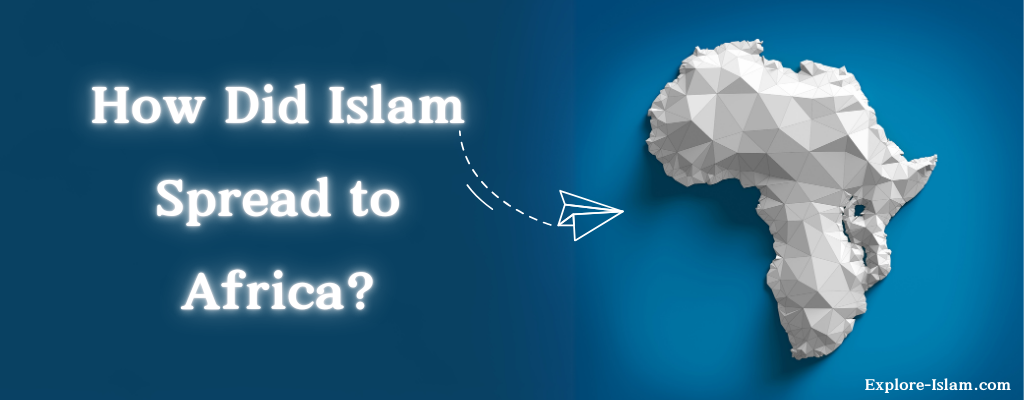
Islam spread across Africa via trade and moral appeal, using values like justice and tolerance to drive long-term cultural growth.
Continue Reading
In Islam, marriage is not just a societal norm but an act of worship (Ibadah). It is viewed as a form of devotion to Allah.
Continue Reading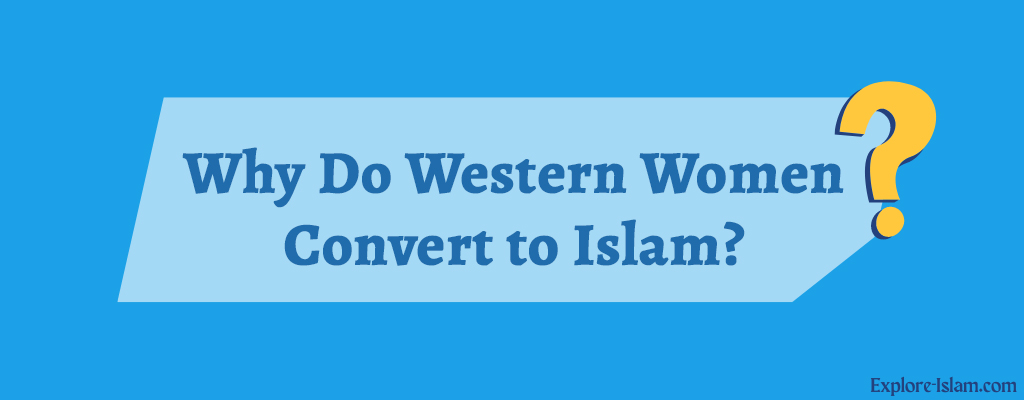
Women are converting to Islam at a notable rate in the West, outnumbering male converts, especially in the US and UK.
Continue Reading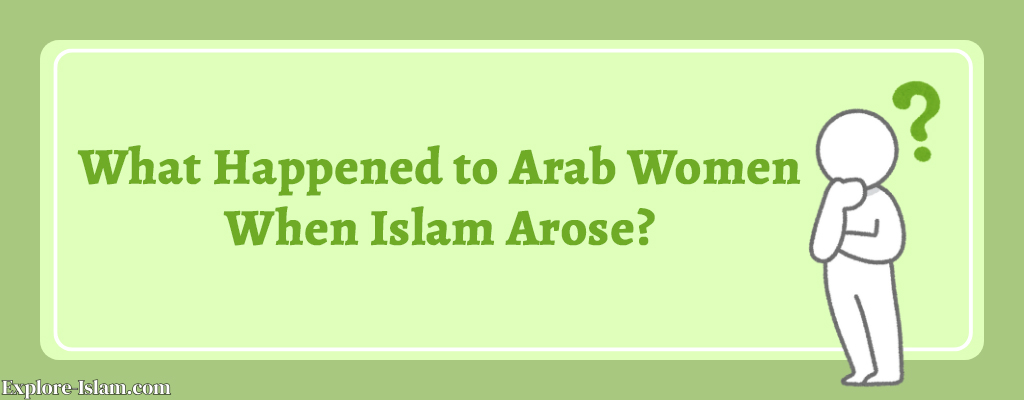
Islam values education equally for men and women, debunking the misconception that it opposes women’s education.
Continue Reading